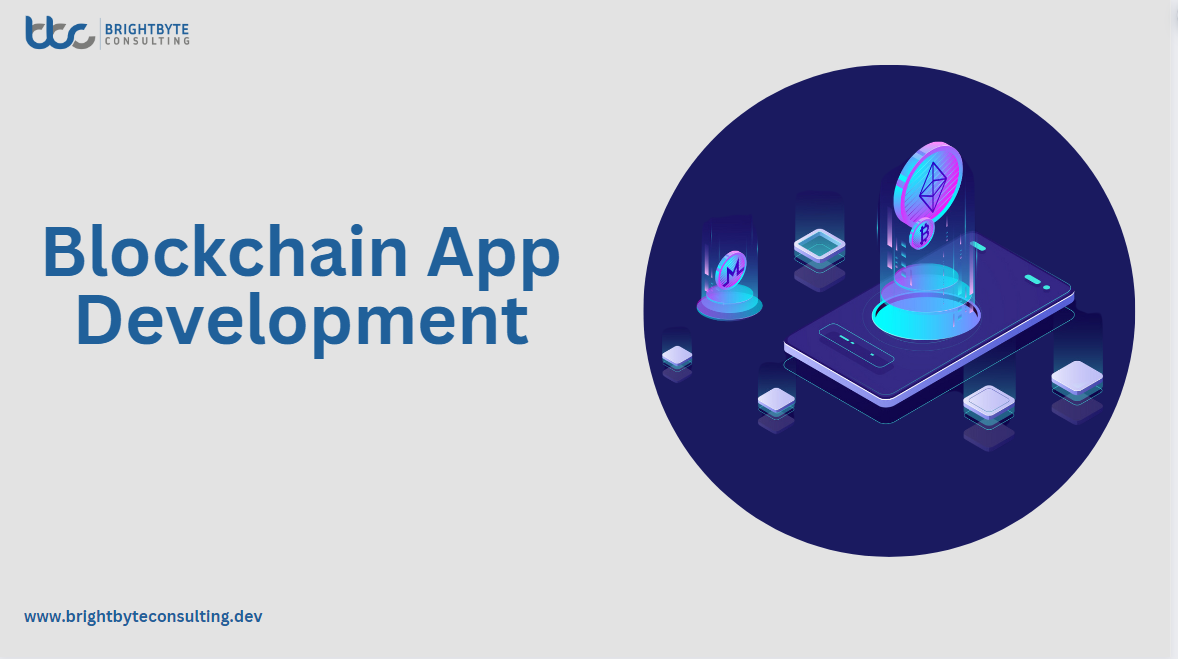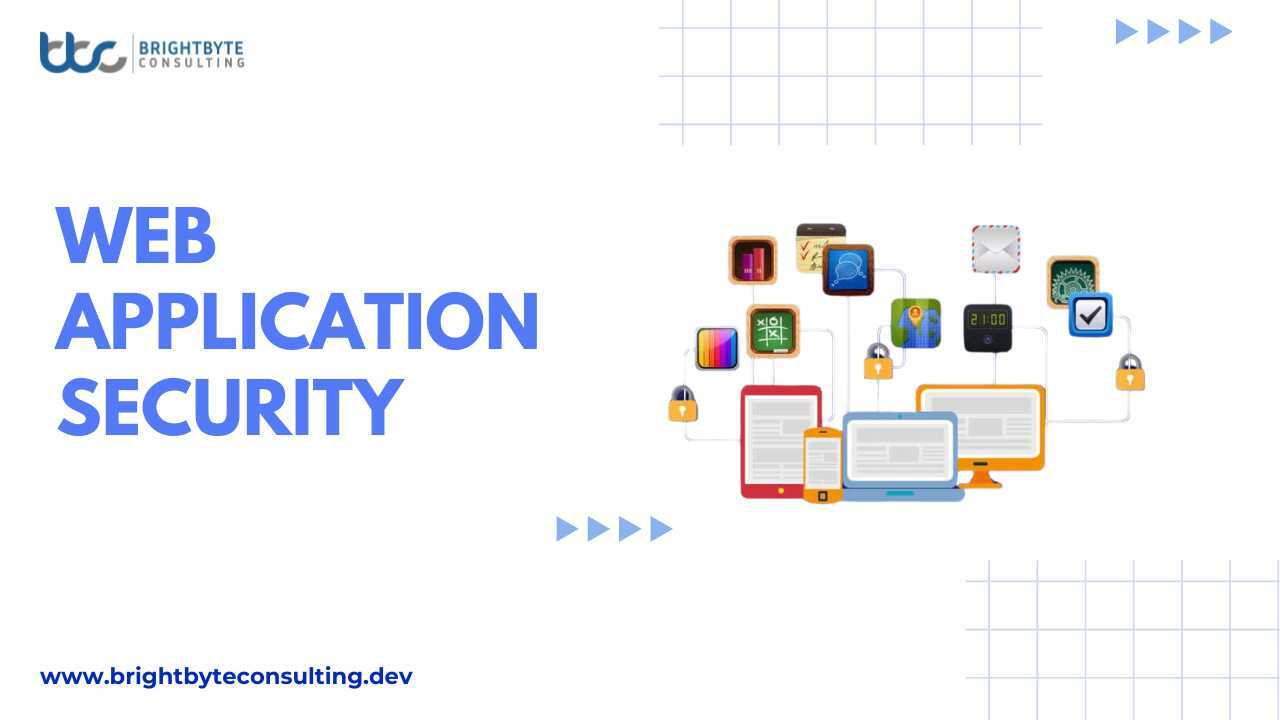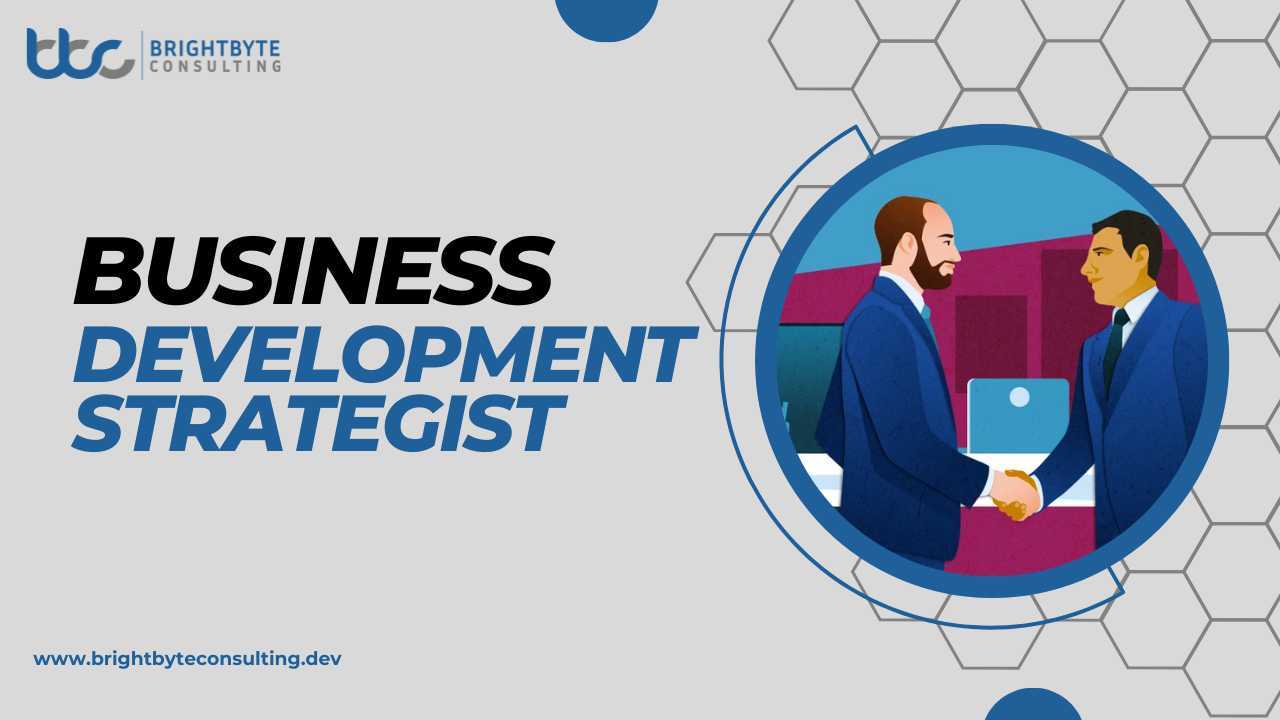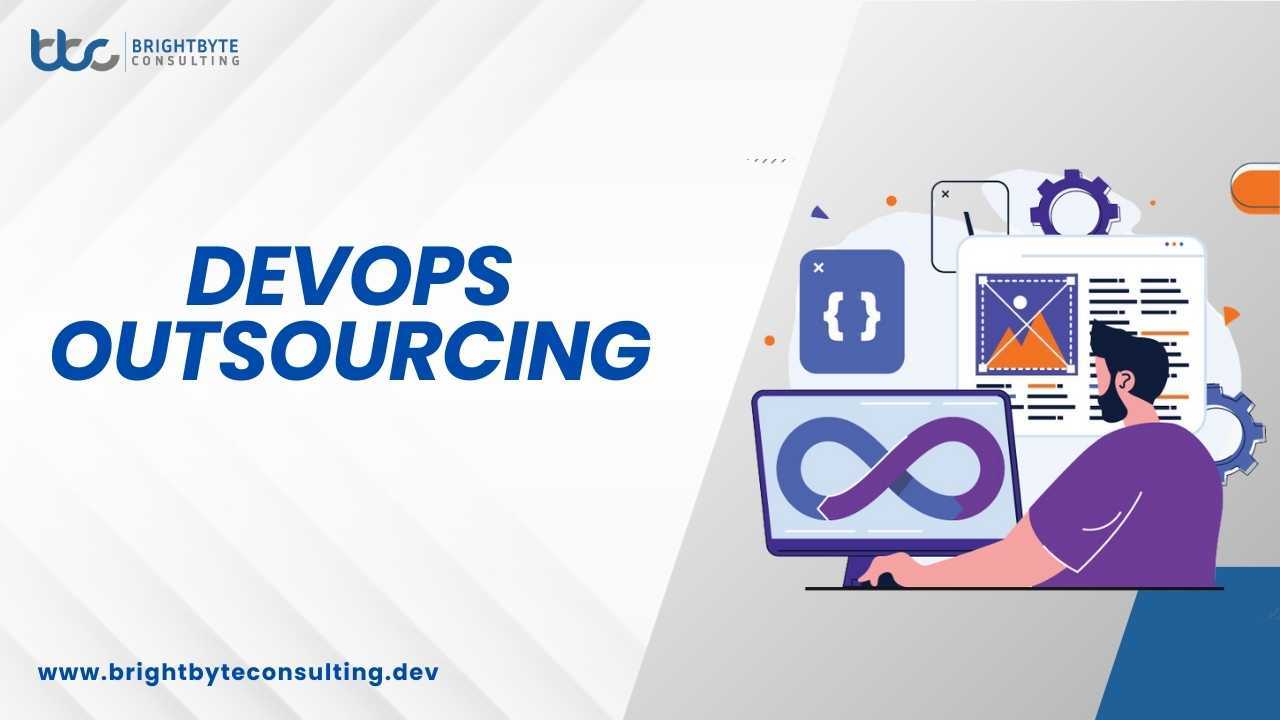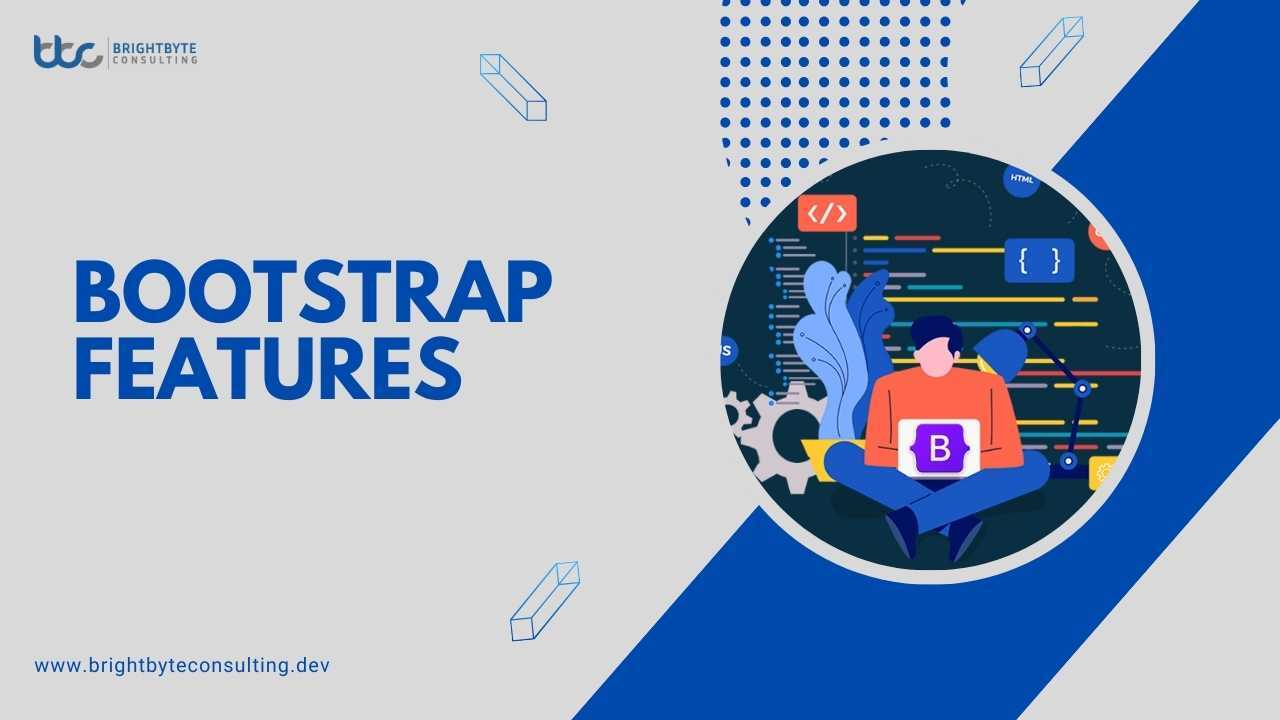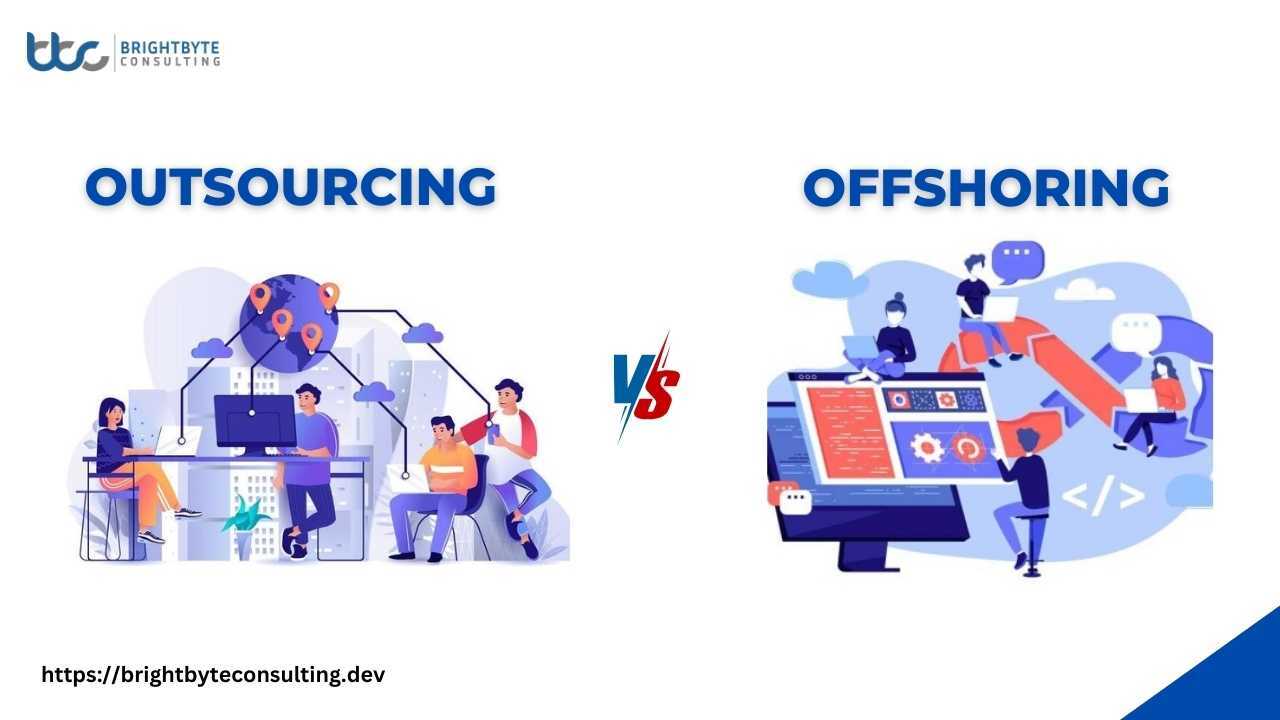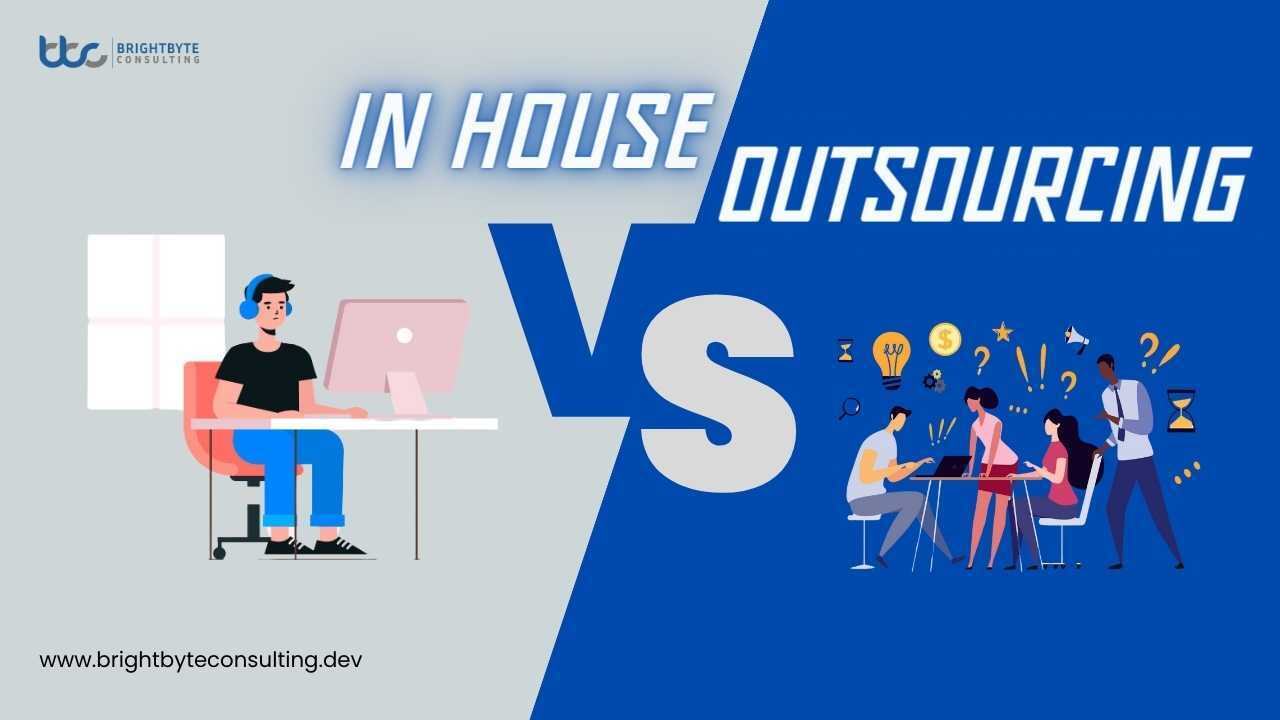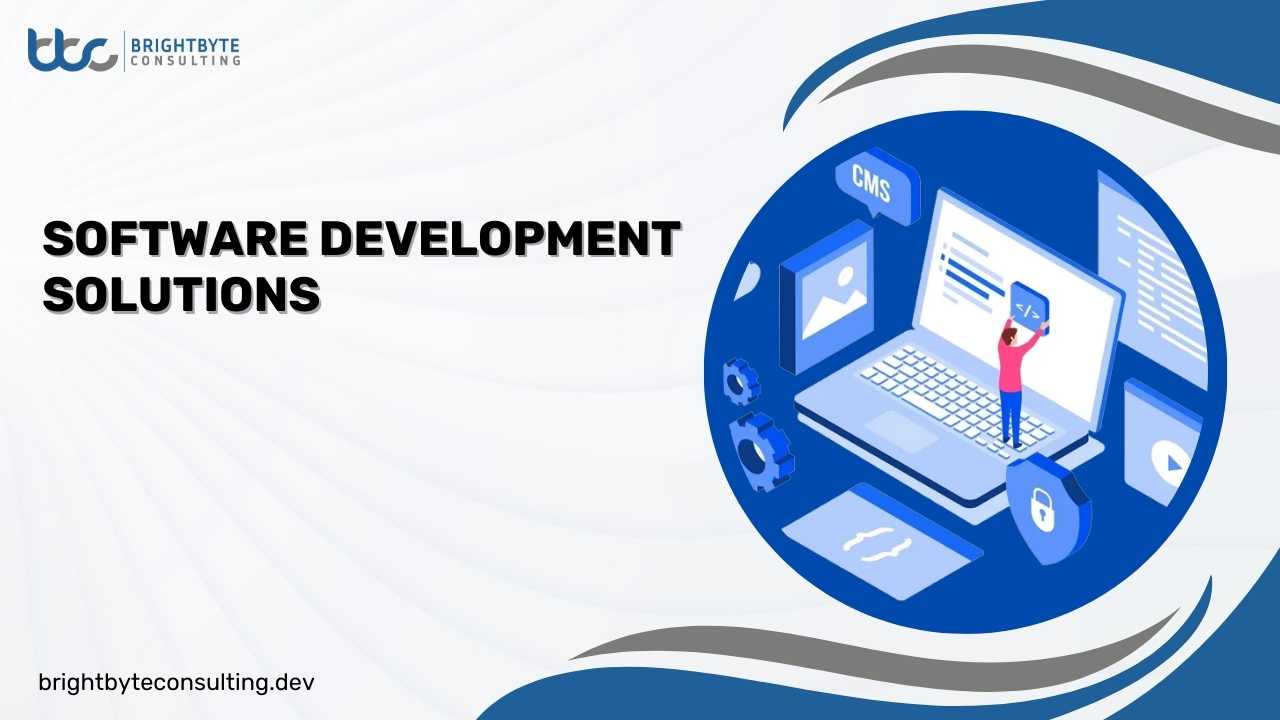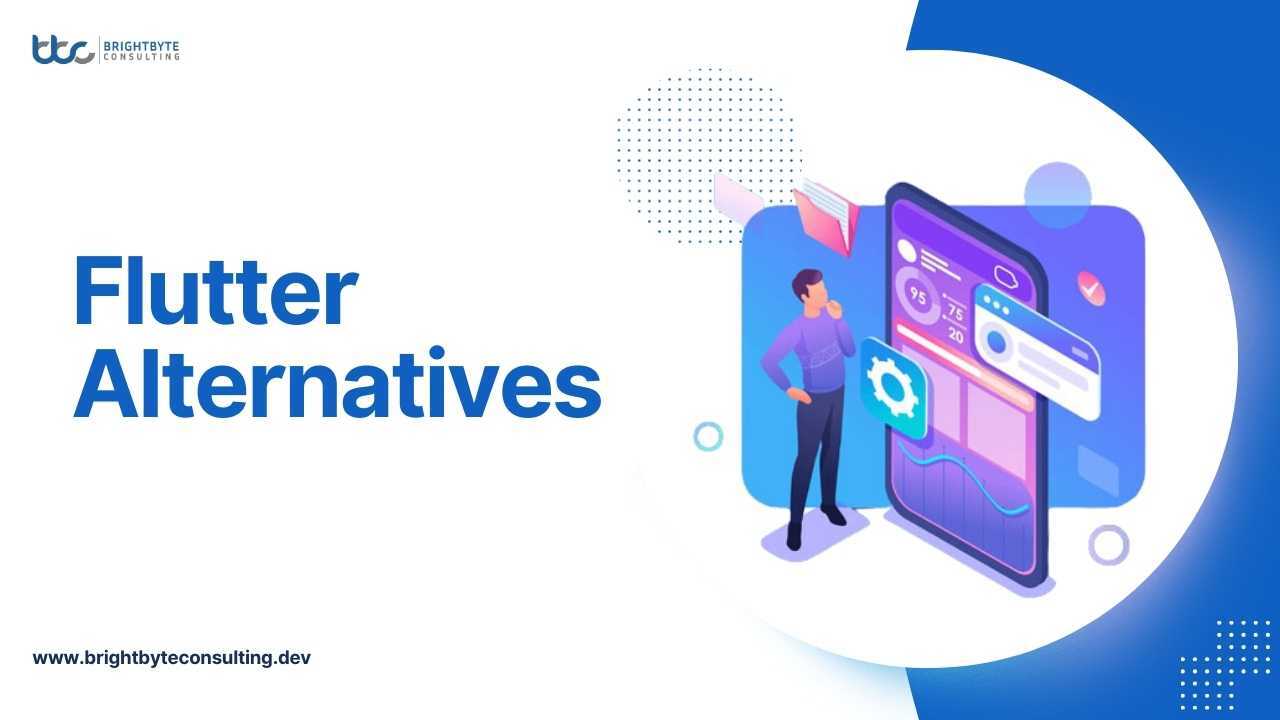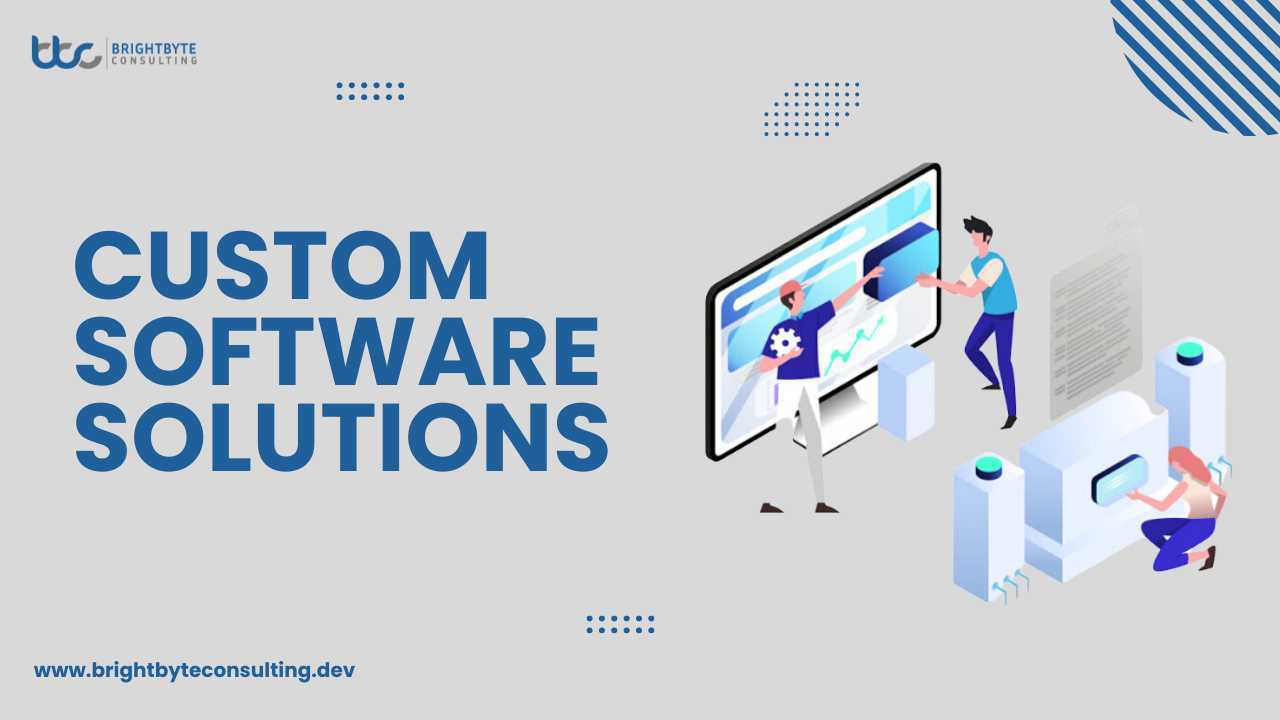Blockchain technology has garnered significant attention in recent years, revolutionizing various industries with its decentralized and secure approach to data management. One of the key applications of blockchain is in app development, offering unparalleled transparency, security, and immutability. In this comprehensive guide, we’ll delve into the intricacies of blockchain app development, exploring its principles, processes, and potential use cases.
Understanding Blockchain Technology
At its core, blockchain is a distributed ledger technology that enables the transparent and secure recording of transactions across a network of computers. Each transaction, or “block,” is cryptographically linked to the previous one. Forming a chain of blocks that cannot be altered retroactively without the consensus of the network participants. This decentralized nature of blockchain ensures that data remains tamper-proof and resistant to fraud.
Principles of Blockchain App Development
Developing applications on blockchain involves adhering to certain principles and design considerations to leverage the technology’s full potential:
- Decentralization: Blockchain apps operate on a decentralized network of nodes, eliminating the need for a central authority or intermediary. This ensures transparency, resilience, and censorship resistance.
- Immutability: Once data is recorded on the blockchain, it cannot be modified or deleted. This immutability ensures the integrity and trustworthiness of transactions, making blockchain ideal for applications requiring auditable records.
- Security: Blockchain employs cryptographic techniques to secure transactions and protect data from unauthorized access. Public-key cryptography, hashing algorithms, and consensus mechanisms like Proof of Work (PoW) or Proof of Stake (PoS) ensure the integrity and security of the network.
- Smart Contracts: Smart contracts are self-executing contracts with the terms of the agreement directly written into code. These autonomous scripts automate and enforce the execution of contractual agreements, eliminating the need for intermediaries and reducing the risk of disputes.
Steps in Blockchain App Development
Developing a blockchain application involves several key steps, including:
- Ideation and Requirement Analysis: Define the objectives, features, and requirements of the application. Identify the problem it aims to solve and the target user base.
- Choose the Blockchain Platform: Select a suitable blockchain platform based on factors such as scalability, consensus mechanism, programming language support, and community adoption. Popular choices include Ethereum, Hyperledger, and Binance Smart Chain.
- Design Architecture: Design the architecture of the application, including the data structure, user interface, smart contracts, and interaction with the blockchain network.
- Development and Testing: Develop the application components, including smart contracts, client-side interfaces, and backend services. Conduct thorough testing to ensure functionality, security, and reliability.
- Deployment and Maintenance: Deploy the application on the chosen blockchain network and make it accessible to users. Regularly monitor and maintain the application to address any issues or updates.
Potential Use Cases of Blockchain App Development
Blockchain technology offers a wide range of use cases across various industries, including:
- Supply Chain Management: Blockchain enables transparent and traceable supply chain management, reducing fraud, counterfeit products, and logistical inefficiencies.
- Financial Services: Blockchain facilitates secure and efficient transactions, enabling faster cross-border payments, decentralized finance (DeFi) applications, and asset tokenization.
- Healthcare: Blockchain ensures the integrity and privacy of medical records, facilitates interoperability among healthcare providers, and streamlines insurance claims processing.
- Identity Management: Blockchain-based identity solutions offer secure and verifiable digital identities, reducing identity theft, and providing access to services in a trusted manner.
- Voting Systems: Blockchain enables transparent and tamper-proof voting systems, ensuring the integrity and auditability of electoral processes.
Conclusion
Blockchain app development holds immense potential to transform industries and drive innovation across various domains. Using decentralization, immutability, security, and smart contracts, developers can create apps with transparency, efficiency, and trust. As blockchain technology continues to evolve, the possibilities for building innovative and impactful applications are boundless.
FAQs
What is a blockchain app?
A blockchain app, or decentralized application (DApp), is an application that operates on a decentralized network of computers (nodes), where transactions and data are recorded securely on a distributed ledger.
How does blockchain app development differ from traditional app development?
Blockchain app development differs from traditional app development in its decentralized architecture, use of smart contracts, and focus on security and transparency.
What are smart contracts, and how do they work in blockchain app development?
Smart contracts are self-executing contracts with terms directly written into code. In blockchain app development, smart contracts automate transactions and enforce rules without the need for intermediaries, enhancing efficiency and security.
What are the main benefits of blockchain app development?
Blockchain app development offers benefits such as transparency, enhanced security, decentralization, and trust among users due to its immutable and tamper-proof nature.
What are the key challenges in blockchain app development?
Challenges in blockchain app development include scalability limitations, regulatory compliance, and the complexity of user experience, which may hinder widespread adoption.
What are some practical applications of blockchain app development?
Blockchain app development finds applications in finance and banking, supply chain management, healthcare, identity management, and various other sectors.
Can blockchain app development address issues of data privacy and ownership?
Yes, blockchain technology enables individuals to have greater control over their data through self-sovereign identity solutions, ensuring privacy and ownership rights without relying on centralized authorities.
Are there any limitations or drawbacks to consider when developing blockchain apps?
Yes, limitations such as scalability issues, regulatory uncertainties, and the complexity of integrating blockchain with existing systems should be considered when developing blockchain apps.

